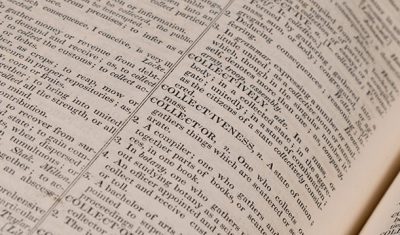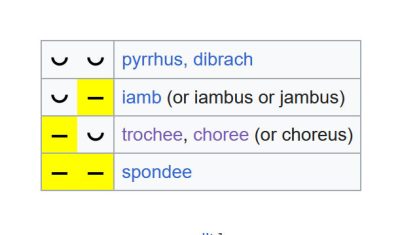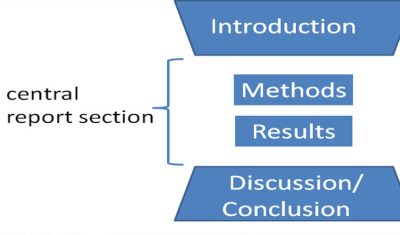
After freelance proofreading, editing, and writing and doing small-group literacy and math intervention for the…

Get a free sample of ProofreadingPal’s work.
Two professional proofreaders will proofread and edit your document.
Try it
With school having started already some places and about to start in others, many parents…

Implicit racism is woven into the fabric of American society. It plays a part in…

If you find yourself in the unlucky position of writing a manual or set of…

No matter your motivation for blogging, you’ll want to make sure each post is high…

There’s no rule saying that academic articles can’t be written in muscular prose, no law…

The kinds of figurative language described in this installment are not appropriate for most academic…

You should shun discriminatory language as you should shun discrimination; doing so also allows your…

This time, let’s go way out there and look at a pair of related poetic…

The guidebooks’ prohibition on colorful language is really just a plea for clarity. Used sparingly,…

In today’s post I’ll discuss some AP basics and differences from other style guides you’ll…

Rhyme can be understated, and it comes in more flavors than you might think. Repeated…

Adding in a second (or third or eighth) subject or object or modifier doesn’t change…

The glorious and intimidating thing about the English language is its bounty of options. Whatever…

Poetry is simply a way of thinking about language, a theory that words can be…

You can write a passage of ornate prose, passive voice willy-nilly, telling without showing, and…

In this blog, we’ll dig deeper into matters of formatting in Christian publishing, paying particular…

If you’re looking to get your Christian writing published professionally, though, it’s not enough to…

Get a free sample proofread and edit for your document.
Two professional proofreaders will proofread and edit your document.
We will get your free sample back in three to six hours!